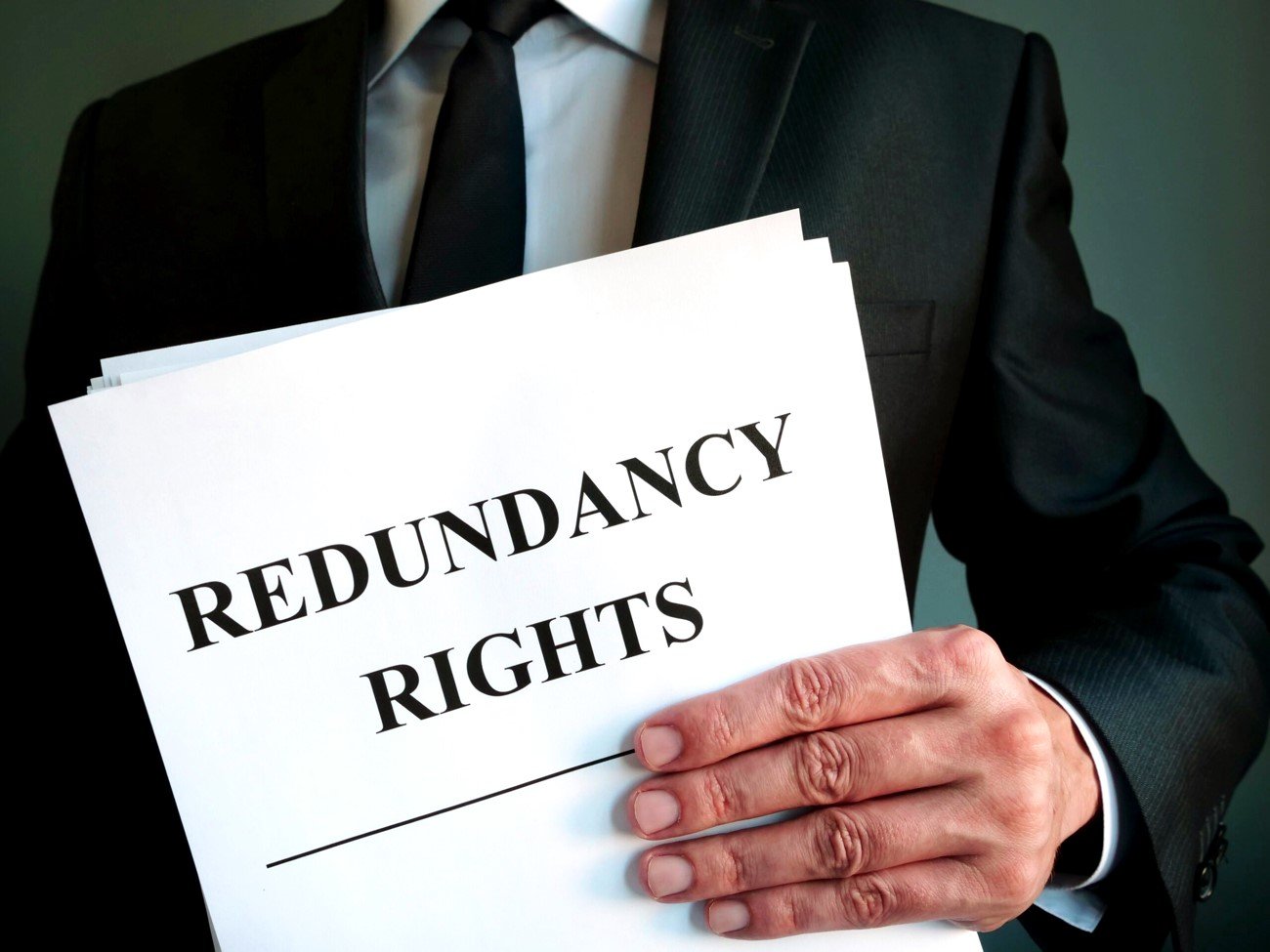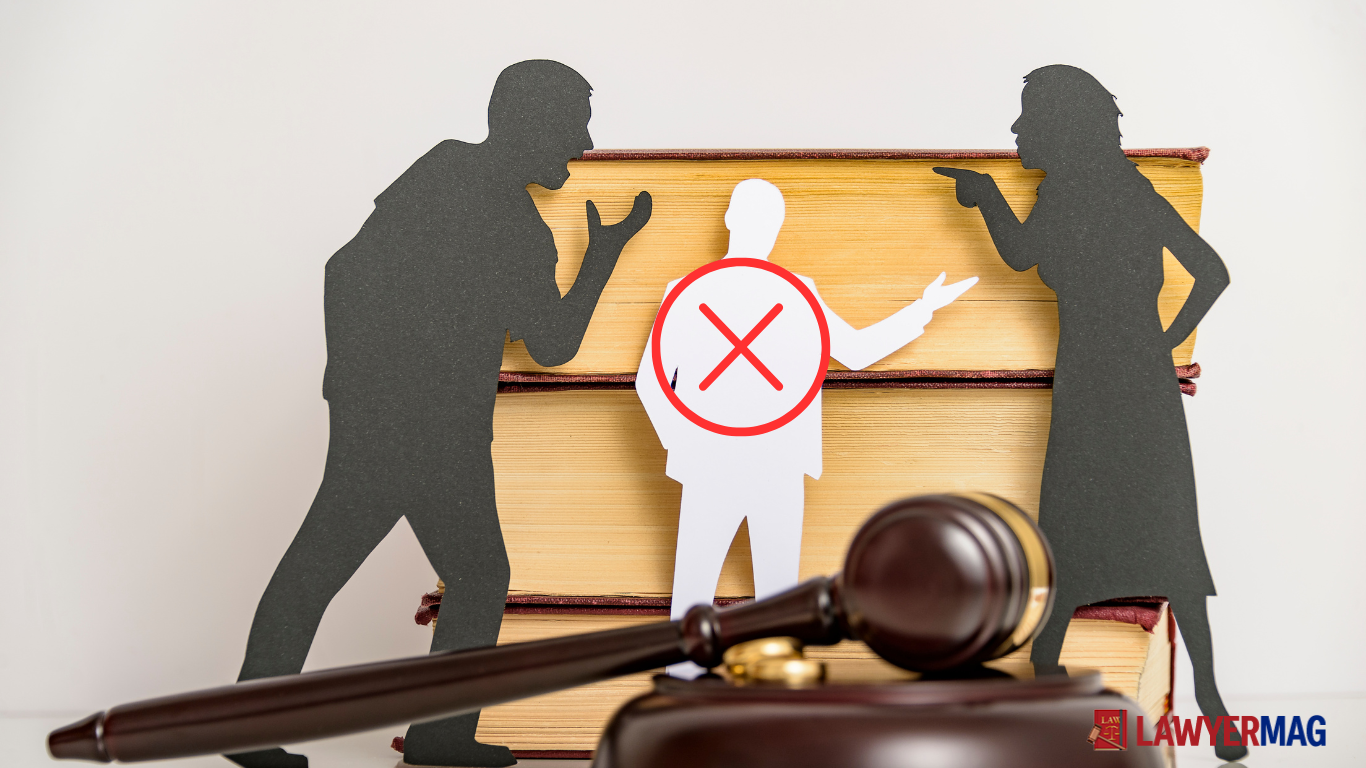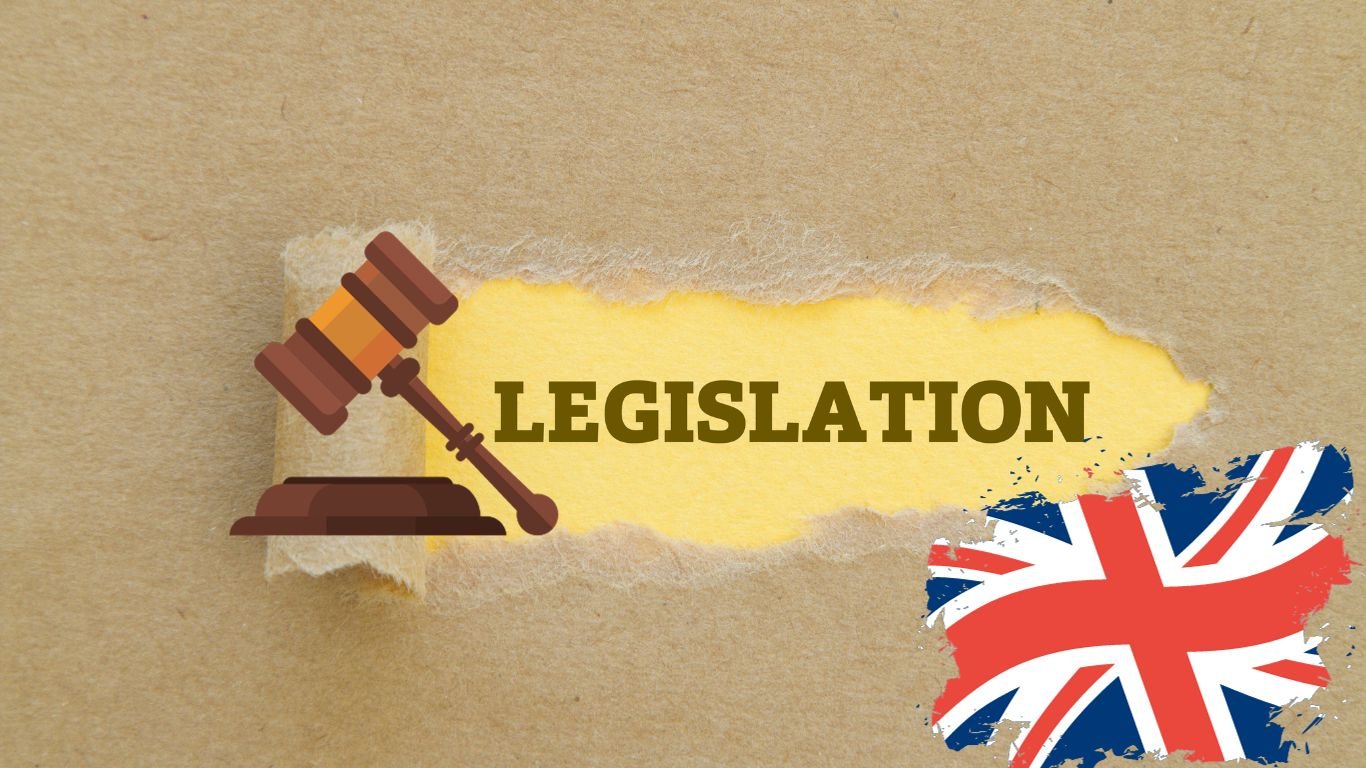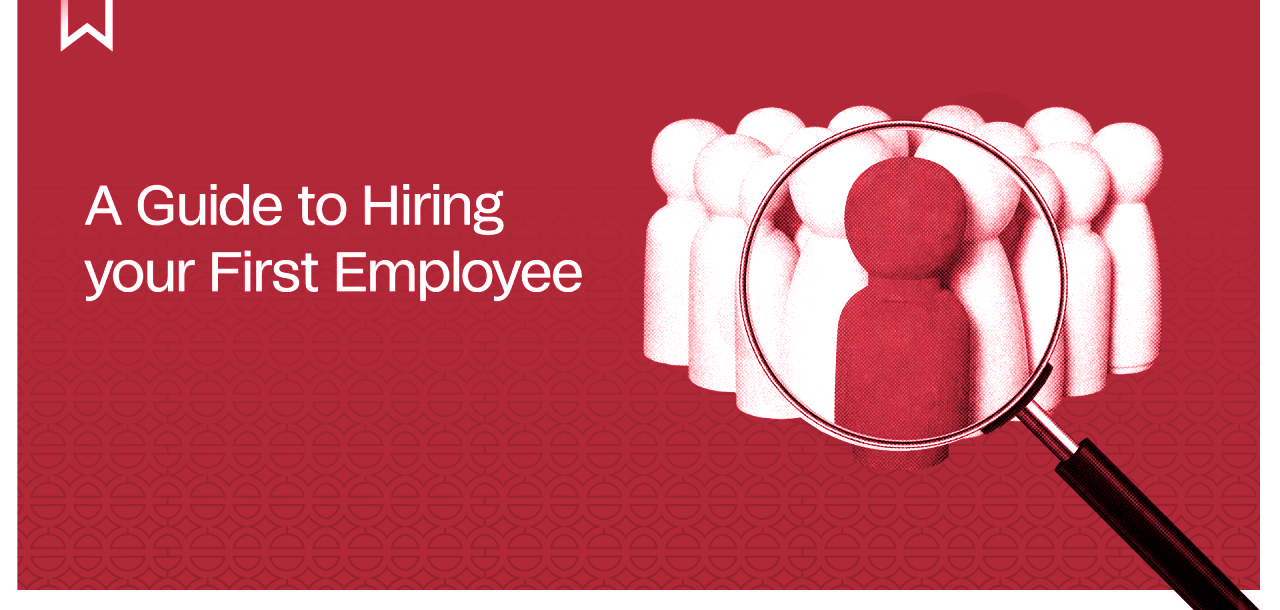Understanding Employment Law: Definition and Basics

Employment law, also known as labor law, is a set of laws and regulations that govern the relationship between employers and employees. It sets out the rights and responsibilities of employers and employees, and it aims to ensure that both parties are treated fairly. Employment law covers a broad range of issues, from hiring and firing to workplace safety and discrimination. In this article, we will explore the basics of employment law and what it means for both employers and employees.
What is Employment Law?
Employment law is a branch of law that deals with the legal rights and responsibilities of employers and employees. It governs the relationship between employers and employees, and it covers issues such as wages, working conditions, discrimination, health and safety, and termination of employment. Employment law is designed to protect the rights of workers and ensure that they are treated fairly.
The Basics of Employment Law
At-Will Employment
At-will employment is a concept in employment law that allows employers to terminate employees at any time, for any reason, and without warning. In most states, employment is considered at-will unless there is a contract or agreement that states otherwise. However, there are certain exceptions to at-will employment, such as discrimination or retaliation.
Discrimination
Discrimination is prohibited by employment law, and it refers to the unfair treatment of employees or job applicants based on their race, gender, age, religion, or disability. Employers are not allowed to discriminate against employees or job applicants in any aspect of employment, including hiring, firing, promotion, and compensation.
Read More: When You Should Hire a Lawyer: Understanding Your Legal Needs
Workplace Safety
Employment law also covers workplace safety, which is the responsibility of both employers and employees. Employers are required to provide a safe working environment for their employees, and employees are responsible for following workplace safety rules and regulations.
Employee Benefits
Employment law also covers employee benefits, such as health insurance, retirement plans, and vacation time. Employers are not required to provide these benefits, but many do as a way to attract and retain employees.
Minimum Wage
Employment law also sets a minimum wage that employers must pay their employees. The federal minimum wage is currently $7.25 per hour, but some states have a higher minimum wage.
Conclusion
Employment law is a complex area of law that governs the relationship between employers and employees. It covers a broad range of issues, from hiring and firing to workplace safety and discrimination. As an employer or employee, it is important to understand your rights and responsibilities under employment law.






3 Comments